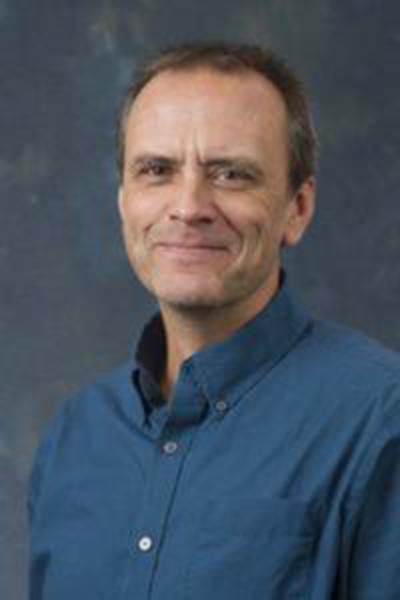Not just an environmental crisis
Published 9:00 am Tuesday, January 29, 2019

- Dr. Michael Noll
I love strolling through bookstores and rummaging through its shelves in search for a good read. Ours may be the age of smartphones, podcasts, and e-readers, but there is no substitute for the printed word. Paper doesn’t need to be charged, and a book is always good company at the beach.
Shortly after the poet Mary Oliver passed away, I was drifting among the aisles of a bookstore in search for her works. Unexpectedly I found a text by Thomas Berry, a cultural historian and ecotheologian, and one of his statements struck a chord. Reflecting on the health of our planet, he came to the conclusion that “our environmental crisis is fundamentally a spiritual crisis.”
As these words echoed through my mind, I recalled a comment by Dr. Gus Speth, former environmental advisor to two US Presidents: “I used to think the top environmental problems were biodiversity loss, ecosystem collapse and climate change. I thought that with 30 years of good science we could address those problems. But I was wrong. The top environmental problems are selfishness, greed and apathy.”
Wakulla Springs in Florida is one of a kind. For years my family and I enjoyed visits to its crystal-clear water and took glass bottom boat tours to marvel at a world full of wonders below the surface. This is where we saw our first manatees and discovered ahingas and ospreys.
Manatees, ahingas, and ospreys are still there, but the water is now murky, and glass bottom boat tours have stopped running.
A journey to an alpine territory too can send shivers down your spine as you hike through its meadows and gaze at its frozen landscapes high above. Its sparkling glaciers and snow-covered peaks have for thousands of years inspired the imagination of people.
Today, alpine glaciers have retreated, if they are not gone altogether, and mountain peaks may be covered with snow only during the winter.
Most humans enjoy a visit to the ocean, to let its waters wash their feet, to collect shells of the most intricate designs, to listen to the endless symphony of rolling waves, and to watch schools of dolphins swimming near the shore.
Last year a record number of Florida beaches were closed and where sounds of children playing in the surf were typically heard, a putrid smell filled the air and thousands of dead fish were washing onto the shore.
One way or the other we all cherish Nature, of being filled with wonder at what our planet has to offer. A visit to the Redwoods, the Grand Canyon, or the ocean can be a deeply spiritual experience. Thus, it is not surprising that John Muir once observed that “I only went out for a walk and finally concluded to stay out till sundown, for going out, I found, was really going in.”
Anthropogenic global climate change is a fact supported by 99% of all climate scientists, yet our current President does not “believe” in it and put former fossil fuel executives in charge of the agency responsible for protecting Nature.
If you ever saw Disney’s animation “Rio” with its charismatic blue parrot, you should know that Spix’s Macaw is just one of several bird species that went extinct within the last few years.
Populations of honey bees, butterflies, and other pollinating insects are so rapidly declining that the word “insect apocalypse” is now surfacing in the literature.
In the end, today’s crises (social, environmental and political) are all resulting from selfishness, greed, and apathy, and I wonder what each and every one of us would find if we had the courage to take a stroll like John Muir once did.
Dr. Michael G. Noll is a resident of Valdosta.




